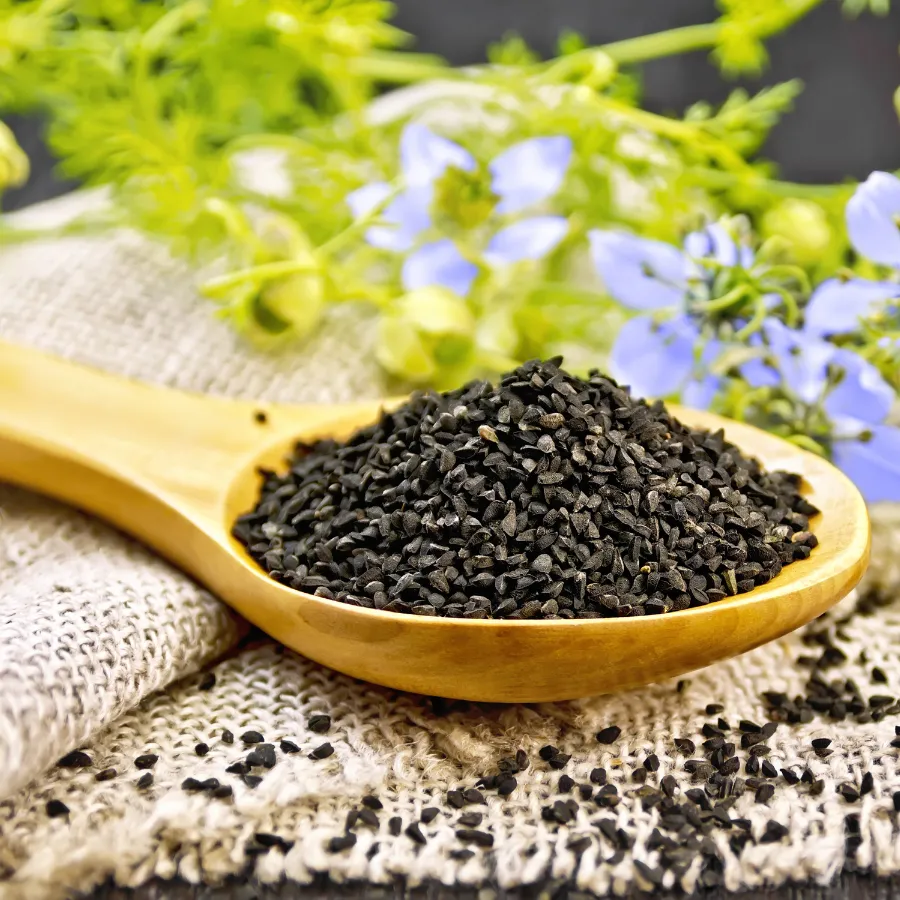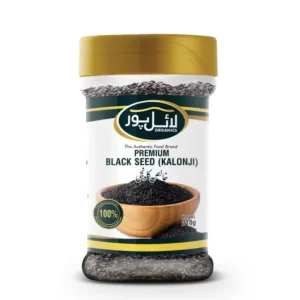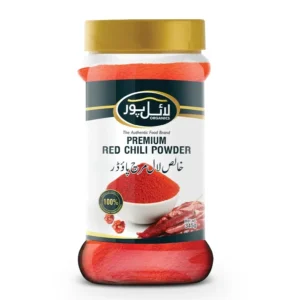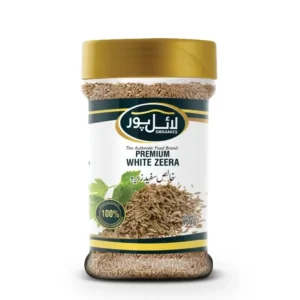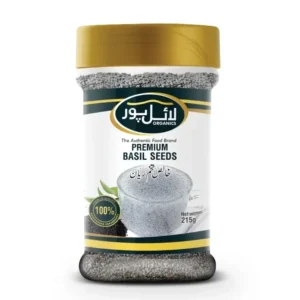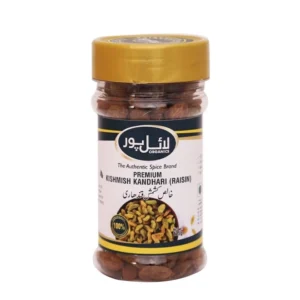Lyallpur Organics Premium Kalonji (Black Seeds) – 100% Natural Organic & Pure | Rich in Nutrients & Flavour
Black seeds, known as kalonji or nigella seeds, are tiny, black grains with a slightly bitter and peppery flavor. These seeds come from the Nigella sativa plant and are widely used in cooking, especially in Indian, Middle Eastern, and North African cuisines. Beyond their culinary uses, black seeds are celebrated for their impressive nutritional profile and potential health benefits. Black seeds are often hailed as a superfood, rich in antioxidants, vitamins, and essential fatty acids.
History and Origin of Black Seeds
Black seeds have a rich and ancient history of over 3,000 years. They were originating in South Asia and the Mediterranean. Historical records indicate that black seeds were found in the tomb of the Egyptian pharaoh Tutankhamun, highlighting their importance in ancient Egyptian society. They were often used for their medicinal properties, believed to cure numerous ailments and boost overall health.
In the ancient texts of Ayurveda and traditional Chinese medicine, these seeds were used as a natural remedy for various conditions, from digestive to respiratory problems. The Greek physician Hippocrates, known as the father of modern medicine, also recognized the therapeutic potential of black seeds.
In the ancient texts of Ayurveda and traditional Chinese medicine, these seeds were used as a natural remedy for various conditions, from digestive to respiratory problems. The Greek physician Hippocrates, known as the father of modern medicine, also recognized the therapeutic potential of black seeds.
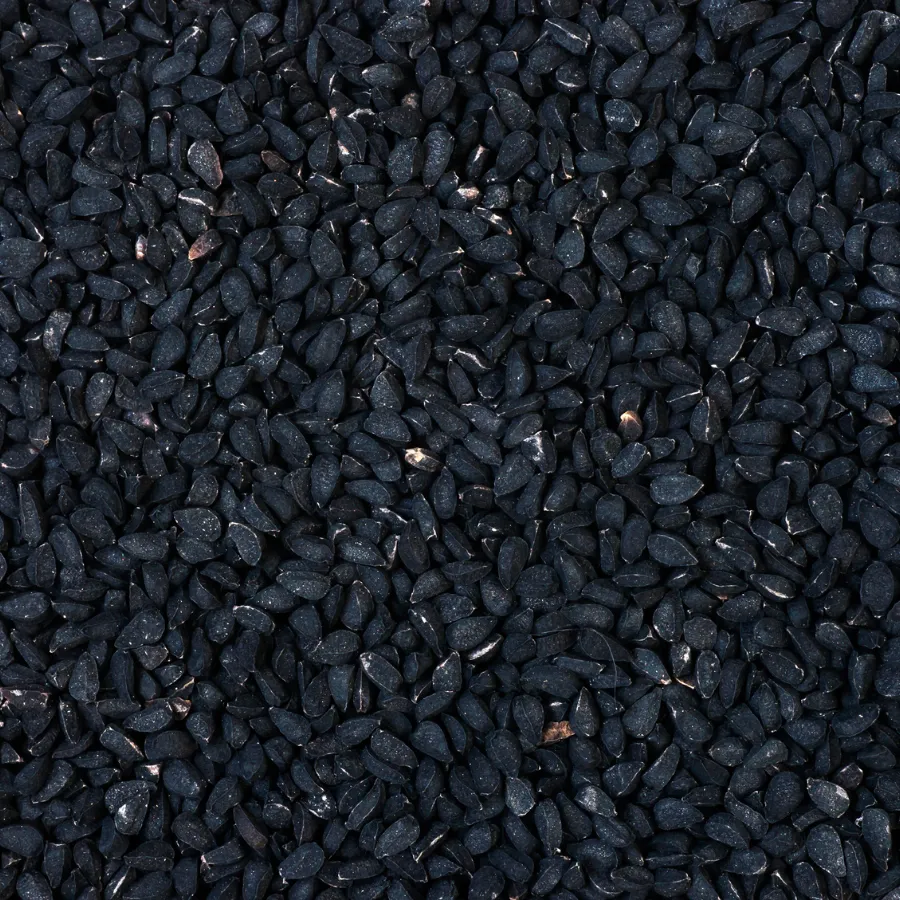
Top Black Seeds Products by Lyallpur Organics
Nutritional and Health Benefits of Black Seeds (Kalonji)
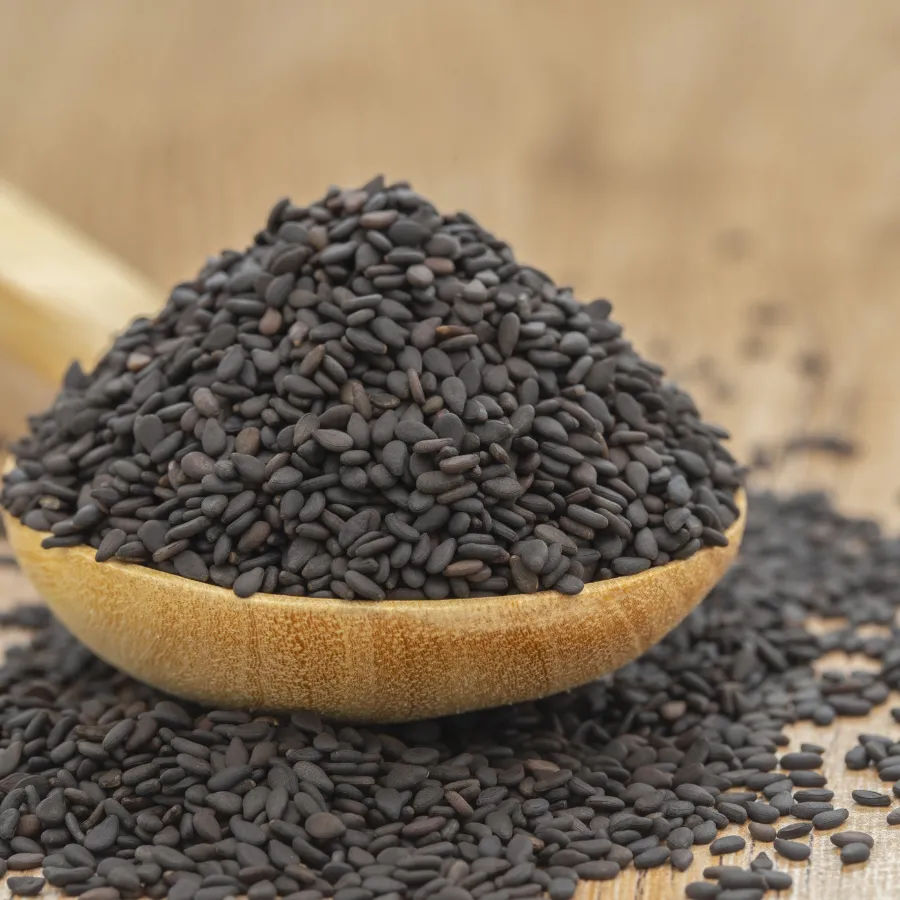
Immune System Support: They are rich in antioxidants, vitamins, and minerals that strengthen the immune system.
Anti-Inflammatory Effects: They contain rich anti-inflammatory compounds that reduce inflammation.
Heart Health: They are packed with healthy fats, particularly omega-3 and omega-6 fatty acids.
Digestive Health: They are high in dietary fiber, which promotes healthy digestion and prevents constipation.
Antioxidant Properties: They are abundant in antioxidants that protect the body from free radicals and oxidative stress.
Blood Sugar Regulation: They help regulate blood sugar levels, which benefits individuals with diabetes.
Skin and Hair Health: Improve skin texture, reduce acne, and promote healthy, shiny hair.
Respiratory Health: They are traditionally used to treat respiratory issues like asthma and bronchitis.
Weight Management: High fiber content helps you feel fuller for longer, aiding in weight control. Reduces overall calorie intake and supports healthy weight loss.
Nutrient-Rich: Provide a wealth of essential nutrients, including vitamins (A, B, C) and minerals. (calcium, iron, zinc, magnesium, potassium), protein, and healthy fats.
Anti-Inflammatory Effects: They contain rich anti-inflammatory compounds that reduce inflammation.
Heart Health: They are packed with healthy fats, particularly omega-3 and omega-6 fatty acids.
Digestive Health: They are high in dietary fiber, which promotes healthy digestion and prevents constipation.
Antioxidant Properties: They are abundant in antioxidants that protect the body from free radicals and oxidative stress.
Blood Sugar Regulation: They help regulate blood sugar levels, which benefits individuals with diabetes.
Skin and Hair Health: Improve skin texture, reduce acne, and promote healthy, shiny hair.
Respiratory Health: They are traditionally used to treat respiratory issues like asthma and bronchitis.
Weight Management: High fiber content helps you feel fuller for longer, aiding in weight control. Reduces overall calorie intake and supports healthy weight loss.
Nutrient-Rich: Provide a wealth of essential nutrients, including vitamins (A, B, C) and minerals. (calcium, iron, zinc, magnesium, potassium), protein, and healthy fats.
Nutritional Composition of Kalonji per 100g
Macronutrients
Energy: 520 kcal
Carbohydrates: 28g
Fats: 35g
Protein: 21g
Vitamins
Vitamin B1 (Thiamine): 0.4mg
Vitamin B2 (Riboflavin): 0.3mg
Vitamin B3 (Niacin): 5.5mg
Vitamin B6: 0.6mg
Vitamin C: 5mg
Folate: 57 mcg
Minerals
Calcium: 934mg
Iron: 33.5mg
Magnesium: 370mg
Potassium: 855mg
Zinc: 5.5mg
Energy: 520 kcal
Carbohydrates: 28g
Fats: 35g
Protein: 21g
Vitamins
Vitamin B1 (Thiamine): 0.4mg
Vitamin B2 (Riboflavin): 0.3mg
Vitamin B3 (Niacin): 5.5mg
Vitamin B6: 0.6mg
Vitamin C: 5mg
Folate: 57 mcg
Minerals
Calcium: 934mg
Iron: 33.5mg
Magnesium: 370mg
Potassium: 855mg
Zinc: 5.5mg

Different Forms and Uses of Kalonji
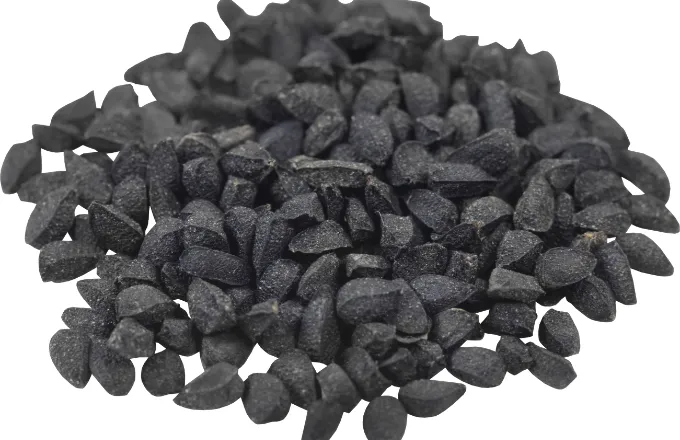
Whole Seeds
Small, black, tear-shaped seeds with a slightly bitter and peppery flavor. They are used in Indian, Middle Eastern, and North African cuisines and are often sprinkled on bread, pastries, pickles, curries, and other savory dishes. Adds distinct flavor and crunch.

Ground (Powder)
Finely ground whole seeds are used as a spice for a flavor. It can be sprinkled on salads, mixed into yogurt/smoothies, or added to baked goods. Offers nutritional benefits without the texture of whole seeds.

Oil
Extracted from kalonji seeds, dark amber has a strong smell and is used for various health benefits. Found in skincare and haircare products, it can be applied directly to the skin or taken as a supplement.
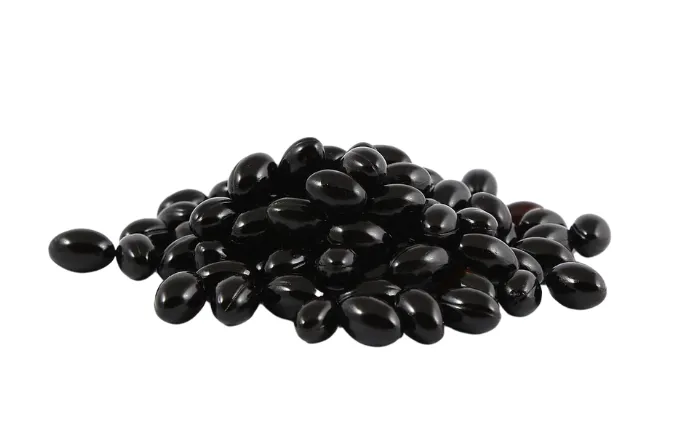
Capsules
Small, black, tear-shaped seeds with a slightly bitter and peppery flavor. They are used in Indian, Middle Eastern, and North African cuisines and are often sprinkled on bread, pastries, pickles, curries, and other savory dishes. Adds distinct flavor and crunch.
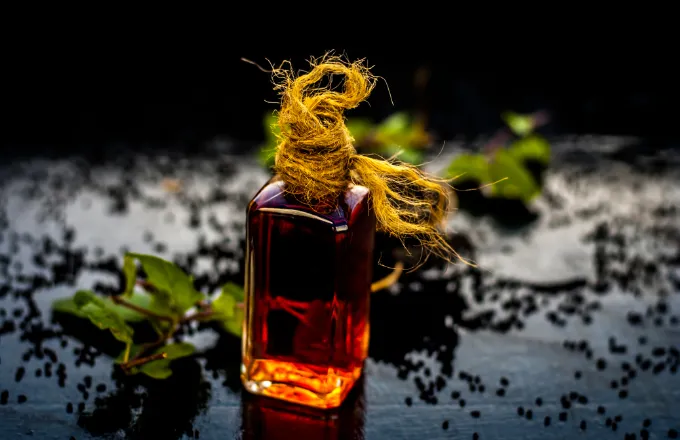
Extract
Full liquid form of kalonji, used as a health supplement. Mixed with water, juice, or other beverages. Retains beneficial properties for specific health concerns or as a general tonic.

Tea
Made by steeping kalonji seeds in hot water for a brief period. This promotes respiratory health and digestive function. It can be enjoyed plain, or honey and lemon may be added for a more palatable taste.
Black Seeds (Kalonji) in Cooking
They are a versatile spice used in various cuisines around the world, such as Indian Cuisine, Middle Eastern Cuisine, and Mediterranean Cuisine. Kalonji seeds can be used whole or ground and are often sprinkled on bread, pastries, and salads. They also enhance the flavor of soups, curries, and vegetable dishes.
Subcontinental and Pakistani Recipes
Naan Bread: They are often sprinkled on top of naan, a type of flatbread, before baking. The seeds add a distinctive flavor and crunchy texture.
Achar (Pickles): They are a vital ingredient in many kinds of achar, or pickles. They enhance the taste and act as a natural preservative.
Curry Dishes: Kalonji is frequently used in curries. It pairs well with both vegetarian and meat-based curries.
Dal (Lentil Soup): A small amount of kalonji added to dal can transform the dish, giving it a richer, more complex taste.
Sabzi (Vegetable Stir-Fry): Black seeds are often used in vegetable stir-fries, adding a subtle, aromatic flavor.
Raita: This yogurt-based side dish often includes kalonji for an added layer of flavor, complementing the excellent, creamy texture of the yogurt.
Achar (Pickles): They are a vital ingredient in many kinds of achar, or pickles. They enhance the taste and act as a natural preservative.
Curry Dishes: Kalonji is frequently used in curries. It pairs well with both vegetarian and meat-based curries.
Dal (Lentil Soup): A small amount of kalonji added to dal can transform the dish, giving it a richer, more complex taste.
Sabzi (Vegetable Stir-Fry): Black seeds are often used in vegetable stir-fries, adding a subtle, aromatic flavor.
Raita: This yogurt-based side dish often includes kalonji for an added layer of flavor, complementing the excellent, creamy texture of the yogurt.
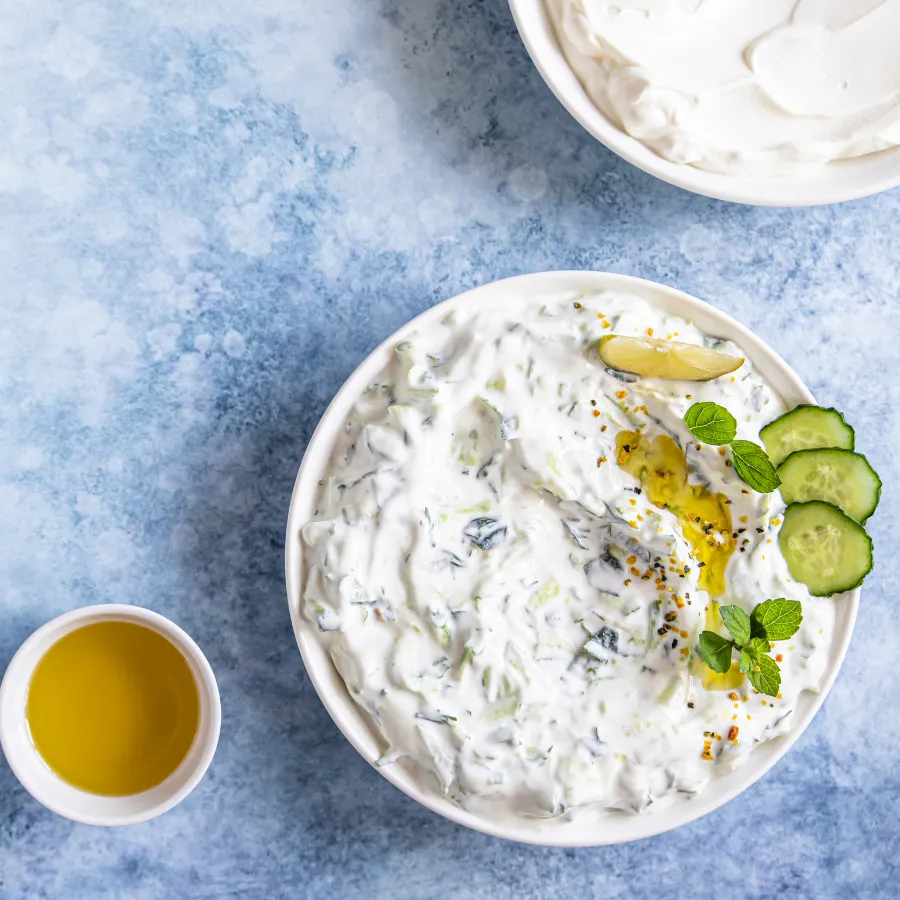
Buying and Storing Black Seeds
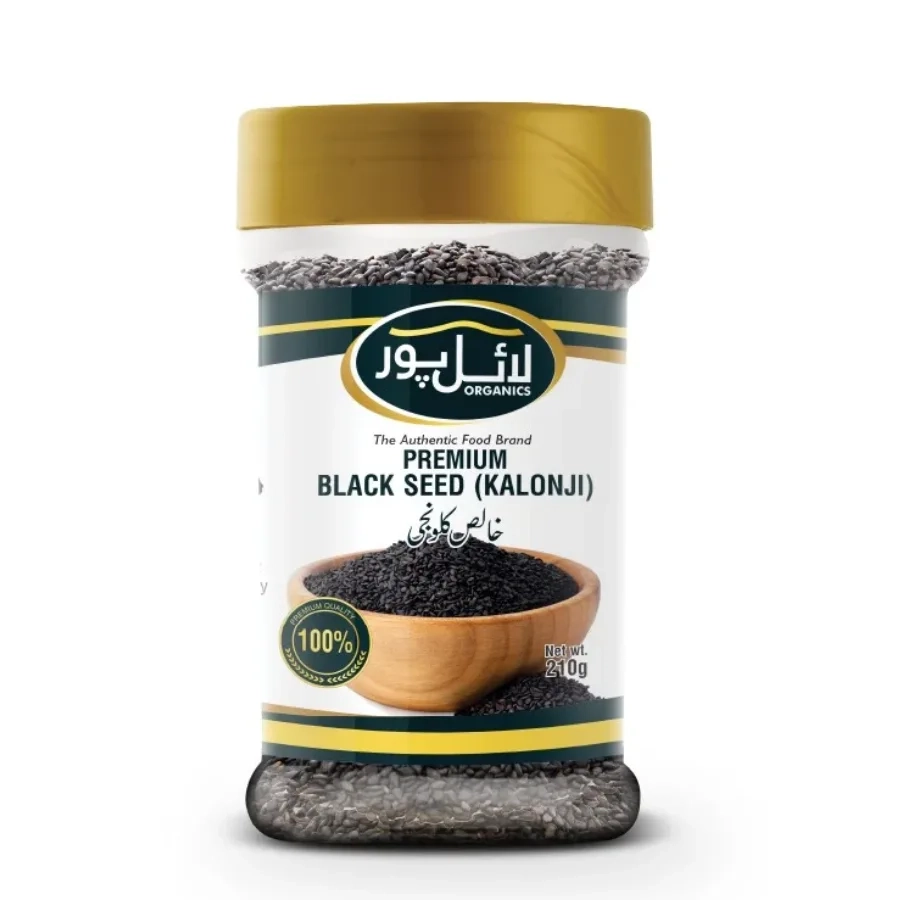
When buying black seeds, choose reputable suppliers or brands known for their quality. Opt for organic options to avoid chemicals. Decide whether you need whole seeds, ground seeds, oil, capsules, or extract based on your intended use. Check for airtight packaging and look at the label for information on origin and purity. Ensure the product has a good shelf life to maximize its benefits.
Store whole and ground seeds in airtight containers in a cool, dark place. Whole seeds last up to two years, while ground seeds should be used within six months for optimal freshness. Keep black seed oil in a dark glass bottle in a cool, dark place, ideally in the refrigerator. It typically lasts about one year before it starts to lose its potency.
Keep capsules and extracts in their original packaging or an airtight container. Store them in a cool, dry place away from direct sunlight to maintain their effectiveness. They usually last one to two years. Proper storage preserves the seeds’ flavor, potency, and nutritional benefits, ensuring you get the most out of your purchase.
Store whole and ground seeds in airtight containers in a cool, dark place. Whole seeds last up to two years, while ground seeds should be used within six months for optimal freshness. Keep black seed oil in a dark glass bottle in a cool, dark place, ideally in the refrigerator. It typically lasts about one year before it starts to lose its potency.
Keep capsules and extracts in their original packaging or an airtight container. Store them in a cool, dry place away from direct sunlight to maintain their effectiveness. They usually last one to two years. Proper storage preserves the seeds’ flavor, potency, and nutritional benefits, ensuring you get the most out of your purchase.
Other Top Products By Lyallpur Organics
Cultivation of Black Seeds
Climate: Black seeds thrive in warm, sunny weather, receiving 6-8 hours of direct sunlight daily. However, they can tolerate cooler temperatures.
Soil: They prefer well-draining, loamy soil with a neutral pH and plenty of organic matter.
Soil: They prefer well-draining, loamy soil with a neutral pH and plenty of organic matter.
Planting Time: Plant seeds directly in the ground in early spring after the last frost.
Planting Depth and Spacing: Sow seeds 1/4 inch deep and space them 6 to 8 inches apart.
Initial Care: Cover seeds lightly with soil and water gently but thoroughly.
Germination: Seeds usually sprout within 7 to 14 days.
Watering: Keep the soil moist, especially during dry spells, but avoid overwatering to prevent root rot.
Thinning: Once seedlings are a few inches tall, thin them to 8 inches apart to ensure adequate space for growth.
Fertilizer: Following the package instructions, apply a balanced fertilizer once or twice during the growing season.
Pests and Diseases: Monitor for pests like aphids and promptly address them with organic pest control methods.
Harvesting: Harvest when the seed pods turn brown and dry out, typically in late summer to early autumn.
Drying: Cut the seed heads and spread them on a tray in a warm, dry, well-ventilated area until completely dry.
Extracting Seeds: Gently rub the dried pods between your hands to release the seeds.
Storing: Store the seeds in an airtight container in a cool, dark place.
Shelf Life: Properly stored seeds can remain viable for up to two years.
Planting Depth and Spacing: Sow seeds 1/4 inch deep and space them 6 to 8 inches apart.
Initial Care: Cover seeds lightly with soil and water gently but thoroughly.
Germination: Seeds usually sprout within 7 to 14 days.
Watering: Keep the soil moist, especially during dry spells, but avoid overwatering to prevent root rot.
Thinning: Once seedlings are a few inches tall, thin them to 8 inches apart to ensure adequate space for growth.
Fertilizer: Following the package instructions, apply a balanced fertilizer once or twice during the growing season.
Pests and Diseases: Monitor for pests like aphids and promptly address them with organic pest control methods.
Harvesting: Harvest when the seed pods turn brown and dry out, typically in late summer to early autumn.
Drying: Cut the seed heads and spread them on a tray in a warm, dry, well-ventilated area until completely dry.
Extracting Seeds: Gently rub the dried pods between your hands to release the seeds.
Storing: Store the seeds in an airtight container in a cool, dark place.
Shelf Life: Properly stored seeds can remain viable for up to two years.
